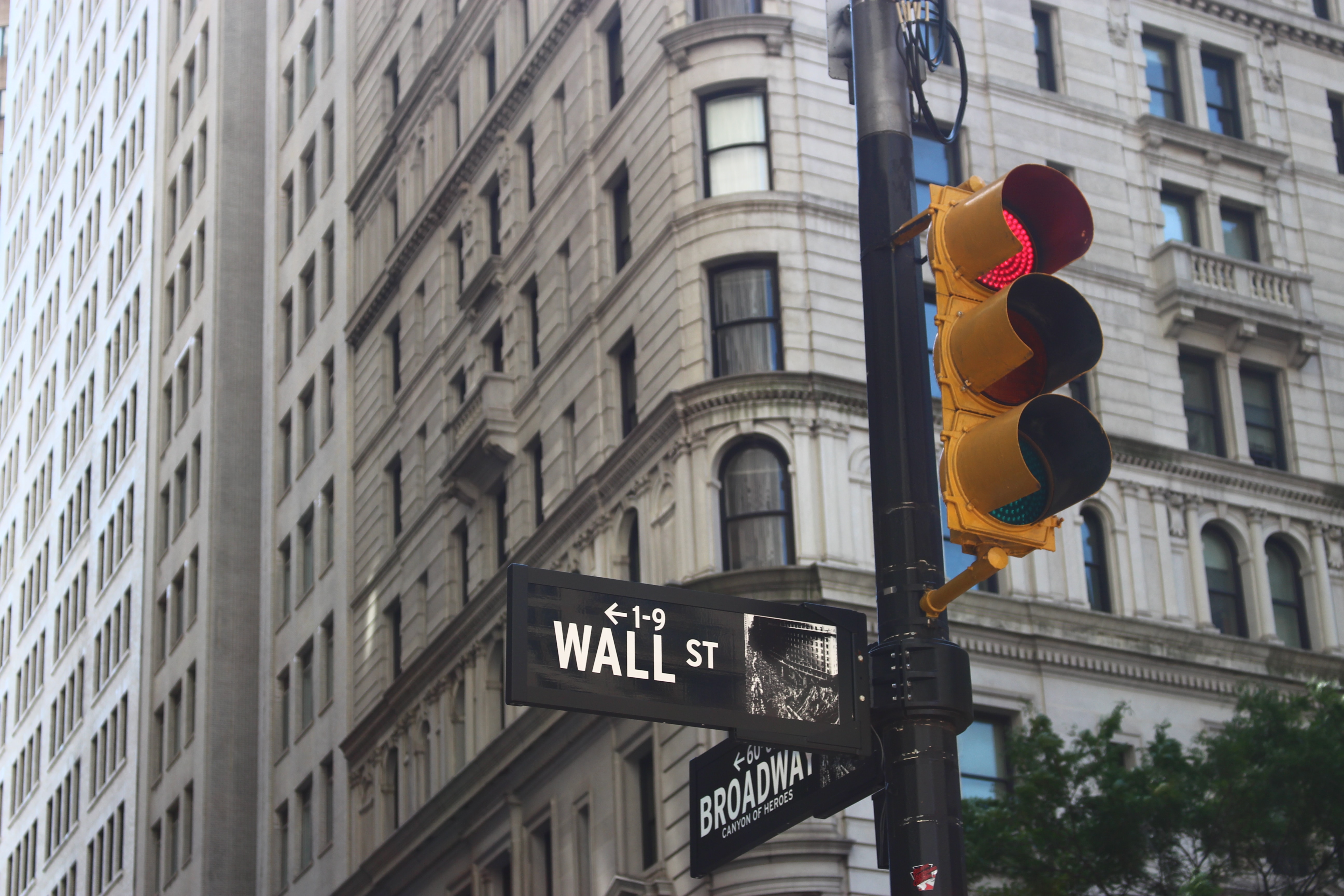One of the oddities about the American financial marketplace is how so many consumers prefer to keep their assets at the large Wall Street firms. This is odd because these firms famously have sales cultures driven by multi-million-dollar bonuses for their brokerage sales agents and whose BrokerCheck reports read more like rap sheets than profiles. (Don’t believe us? Type a famous brokerage firm name into the second box in the BrokerCheck website—https://brokercheck.finra.org/—and you’ll get hundreds of thousands of listings of specific broker transgressions, fines, and examples where customers received arbitration awards after various kinds of financial abuse.)
Then why do people keep their assets at these large firms?
The first reason is they don’t realize they have a choice between using a financial planner at a small firm who custodies client assets in a TD Ameritrade Institutional, Schwab or Fidelity advisory account and the previously mentioned retail brokerage firms.
Secondly, many people feel safer keeping their assets at a very large firm that they’ve heard of rather than a smaller financial planning firm that they’re unfamiliar with, even if that smaller firm provides more customized service and has renounced predatory sales activities and commissions.
The interesting thing, however, is that this may be a false comfort. Their funds may actually be safer with the smaller planning office than with the larger multinational firm that buys Super Bowl advertisements.
How can that be?
Under the rather stringent regulations imposed by the U.S. financial system, financial planning firms and investment advisory offices must custody client assets with a custodian.
What is a custodian?
A custodian is a financial institution that holds clients’ securities for safekeeping in order to minimize the risk of their theft or loss. A custodian holds securities and other assets in electronic or physical form. Since they are responsible for the safety of assets and securities, custodians generally tend to be larger financial firms. The purpose of these firms is specifically to safeguard the money, keep close track of it, and provide statements directly to clients showing that the money is where it is supposed to be.
Having custody at one of the institutions provides you with a very strong checks and balances system that is actually embraced and supported by the smaller financial planning offices. The planning or advisory firm doesn’t ever have direct access to your money, and therefore would be unable to take it out or otherwise steal or misplace it.
Who exactly are these custodians?
The largest and most commonly used include Bank of NY/Mellon/Pershing, TD Ameritrade Institutional, Charles Schwab & Co. and Fidelity, each of which has between $500 billion and $1.5 trillion in advisor assets under custody. These financial institutions are not like the large Wall Street firms, which have been accused of defrauding customers and routinely appear in the news for regulatory fines. You can confirm that by Googling “examples of institutional custodians losing client money.” The search results will show you that there are no examples, famous or infamous, large or small, of the important checks and balances that custodians provide failing their retail clients.
Does that mean any custodian will keep your assets safe?
Unfortunately, no. The Bernie Madoff Ponzi scheme looked legitimate but managed to evade the important checks and balances system by having a small company controlled by Bernie himself serve as the custodian. (Madoff could take the money back out and put it in his pocket whenever he wanted and frequently did.) The large Wall Street firms also serve as their own custodians.
Your safest avenue is to work with a financial planner or investment advisor who has a relationship with a well-established institutional custodian. You should also periodically check the statements sent by the custodian to make sure they are reasonably close to your advisor statements. The thing is that small firms can make your money grow too, even though they’re less well known. This is because they tailor their services to your exact needs. Hundreds of thousands of clients can have their cake and eat it too: get better service AND enjoy improved safety of their assets.
.png)
.png?width=440&height=102&name=Wealth%20Conservatory%20Logo%20(1).png)


